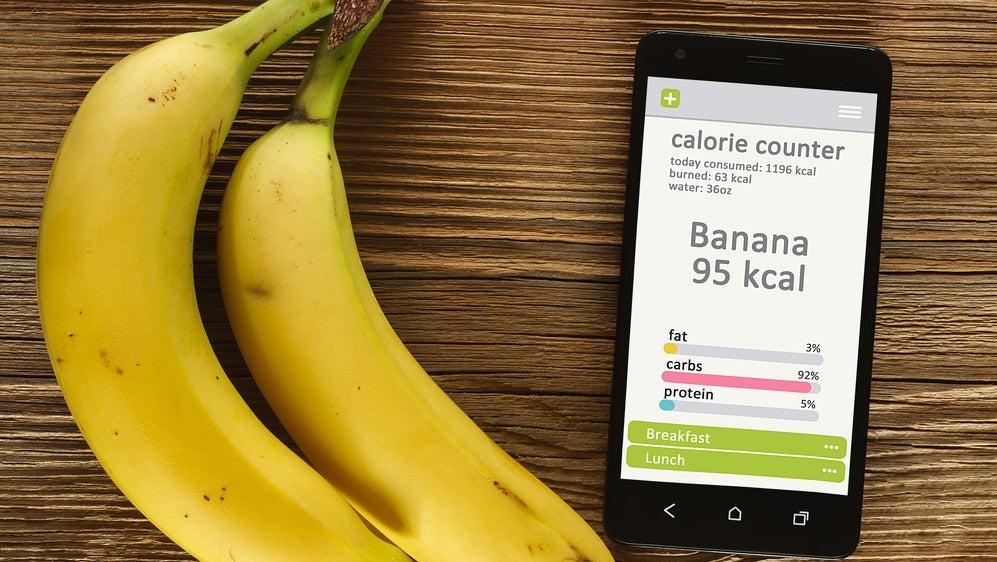Death To Calorie Counting
It helps to know which nutritional stats mean something, and which don't.
The stiff, waxen outer shell of a SnackWell's Devil's Food Cookie Cake is something I can recall with all five senses: the sound of it as I rapped my fingernails on its tough exterior, the smell as I broke it open, the spongy quality of its crumb beneath my fingers and then my teeth. The "cookie" approached a baseline of satisfaction, but never quite reached it. Throughout my childhood, this was my midday treat, and while the revamped formulation claims to be "better than ever," I know that I, for one, was always left wanting something far better. With time, and with a subtle shift in how I fit food into my daily routine, I've managed to disengage from the SnackWell's of the world.
Something important to know about the (massively profitable) diet food industry is that it's built on the notion of the calorie as a meaningful marker of health and nutrition, which, it's becoming rather clear, it is not. In fact, across the last decade, much has been written to support the idea that calories are basically no more than... vibes?
Why calorie counting doesn’t work
"Even if two people eat the same sweet potato or piece of meat cooked the same way, they will not get the same number of calories out of it," Rob Dunn wrote for Scientific American in 2013. There are many reasons for this, including gut size, the presence of certain digestive enzymes, and the overall differences in one person's metabolism versus another. So that dreaded Nabisco 100-Calorie Pack might not even provide a measly 100 calories' worth of sustenance when you need it to.
Not that "100 calories" is necessarily the right prescription for anyone's mid-afternoon snack in the first place. As the podcast Maintenance Phase explained in a recent episode called "The Trouble With Calories," co-host Aubrey Gordon explains that the measurement drilled into us since the dawn of the Nutrition Facts label—2,000 calories per day—isn't indicative of how much fuel our body actually needs to run properly.
"The FDA says that they didn't actually intend this 2,000 calories per day to be a nutritional guideline," Gordon says. "They said that they designed it to be a popular education tool... That means that it was designed to be easy for consumers to understand what was in foods, but not necessarily meant to be like, 'here's the hard and fast information,' not be a recommendation for every individual that you need to eat 2,000 calories a day." (Citations for the episode can be found here.)
When the US government began formulating the "nutrition facts" labels that are now on every packaged food product, the USDA conducted surveys to see how many calories Americans were typically consuming in a day. Responses varied wildly, with women reporting 1,600-2,200 calories per day and men reporting 2,000-3,000 calories per day.
Knowing what we know about self-reporting bias, we can reasonably assume that the actual amount of calories consumed was higher than that, or at least unlikely to sit on the low end of those ranges. But as The Atlantic explains, the number 2,000 was chosen instead of the initially proposed 2,350 because it was a tidy, round number and less likely to "encourage overconsumption," among other reasons. In other words, you're being preemptively scolded for an amount of food you haven't yet consumed, but which you might require to function in your day-to-day life.
Combine the shaky foundations of the calorie label with our bodies' uneven processing of those calories, and you have to ask yourself: why? Why do we hold ourselves to numbers that don't care if we're depriving ourselves or not?
For many people, the answer might be that in those raw numbers lies a sense of control. And I understand that; we put so much hope and prayer into the idea that with enough discipline, our bodies might eventually become efficient machines capable of processing exact input into exact output, a 1:1 relationship between behavior and results 100% of the time. But food isn't the only input our bodies are tasked with processing. It is asked to function despite varying levels of stress, sleep, pollution—all of which might require more than a 100-Calorie Pack of carob-chip-studded cracker crisps to endure.
I'm not saying people shouldn't give any thought to what they eat; I'm saying that calorie labels aren't the way to monitor that, and never have been. It's a subtle shift in perspective, but it's one that lets you find your own path toward satisfying your hunger. And, of course, understanding that your hunger deserves to be satisfied.
